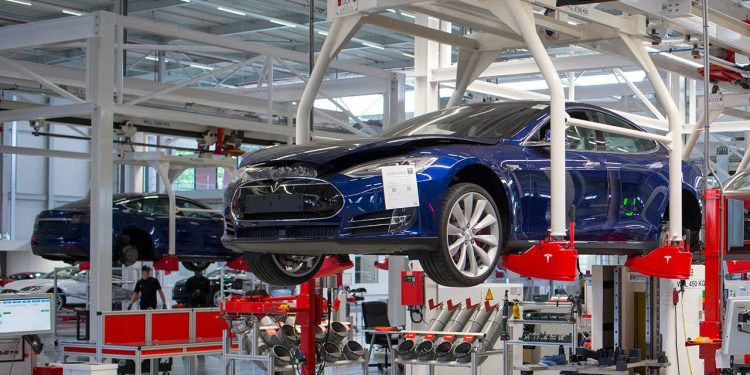India blocks Elon Musk, won’t give Tesla added tax breaks
Words: Matthew Hansen
Regulators appear to have called Tesla CEO Elon Musk’s bluff, having denied the company’s requests for tax breaks in order to smooth its entry into the bustling market.
A Bloomberg report indicates that Musk has been in discussions with India’s government over the idea of giving imported electric vehicles significant tax breaks to help Tesla be more competitive, with Musk reportedly bartering that if India went through with the deal Tesla would consider building a new GigaFactory in the region.
According to the report, Musk wanted Indian regulators to lower tariffs on imported electric vehicles, including Teslas, by as much as 100 per cent. This is nothing new, with Musk previously Tweeting last July that building a factory in India is “quite likely” if Tesla “is able to succeed with imported vehicles”.
Regulators elected not to be swayed by the electric vehicle juggernaut, based on the logic that other overseas brands seem perfectly happy to abide by its existing tariffs on imported vehicles.
The Indian government has negotiated numerous alternatives with Tesla, including the notion of the brand importing partially built vehicles, which attract a less significant tariff. But Tesla didn’t take the bait.
“We looked at whether the duties need to be re-jigged, but some domestic production is happening and some investments have come in with the current tariff structure,” chairman of the Central Board of Indirect Taxes and Customs Vivek Johrilate said last week.
“So, it is clear that this is not a hindrance.
“Some investment has already come in with the current tariff structure. So why can’t others also come in? There are other foreign brands also which are being sold in the country with the current tariff structure.”
With the country’s current tarifs, India’s electric vehicle fleet appears to be growing steadily. Over 300,000 electric vehicles were sold in India in 2021; an almost 300 per cent increase on the amount sold the previous year.
Although this sounds impressive, it’s worth considering that around three million vehicles are sold in the region annually, meaning that EV sales account for around one per cent of the country’s annual sales at the moment.
As it stands, numerous brands already produce electric vehicles in India. The likes of Hyundai, Mercedes-Benz, and Tata produce plug-ins in India, and brands like Audi are currently considering expanding their EV production into India.





